Being host to a nesting pair of wild birds is one of the most rewarding experiences for the backyard birder! But how can you attract birds to your birdhouse? It all starts with choosing the best birdhouse that not only provides shelter, but also protects the vulnerable young from predators and disease. Find out what necessary features to look for in a birdhouse so you can enjoy nesting season to the fullest!
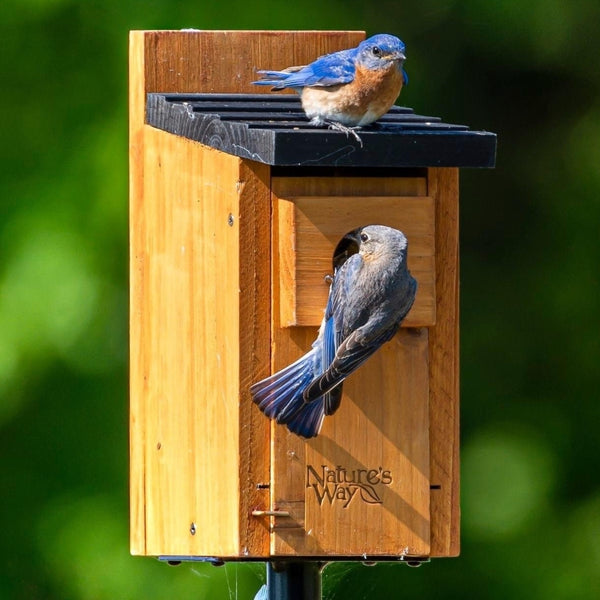
Eastern Bluebirds on Bluebird Box House (Model# CWH3)
What type of birds use birdhouses?
Not all birds use birdhouses. Bluebirds, tree swallows, titmice, wrens, chickadees, and nuthatches all prefer to nest in a cavity, whether it be a tree cavity or a birdhouse. Wrens and chickadees will also use a hanging birdhouse that freely swings. Here is a complete list of backyard songbirds that will use a birdhouse:
Bluebird house:
Wren house:
What kind of birdhouse do birds like best?
It's important to select a birdhouse with features that benefit the birds while making it quick and easy for you to clean and maintain. Consider it an added bonus if it's a beautiful style! In general, it’s best to look for a birdhouse that has these features:
- Made with insect- and rot-resistant materials
- Air vents that allow for maximum air ventilation through wall and floor openings
- Note: Air vents should have roof coverage to prevent rain from getting into the house
- Note: Air vents should never be on the back of the house as it will allow rain in the house
- Clean-out door that provides easy access for cleaning and bird viewing
- Elevated mesh floor to aid in management of the blowfly
- Predator guard that extends the entrance hole to protect against predators
- An entry hole with a diameter of 1 1/2"
- Fledgling kerfs to provide extra grip for fledglings to climb out
- Sloped roof to keep the nest dry
- Weatherproof protective stain to help prevent discoloration, mold/mildew and water damage
- Bonus: clear, crack-resistant viewing window

Tree Swallow nest in Bluebird Box House w/Viewing Window (Model# CWH4)
What size should the entry hole be?
To protect nesting birds and their young from predator birds like starlings, grackles, and House Sparrows, make sure your bluebird house has an entry hole with a diameter of 1 1/2" for most species of birds, or 1 9/16" in diameter for Western Bluebirds. Wren houses should have entry holes with a diameter of 1 1/8" to accommodate wrens and chickadees.
Also consider using a birdhouse with a predator guard that extends the entrance hole. This makes it difficult for predators to reach inside the house.
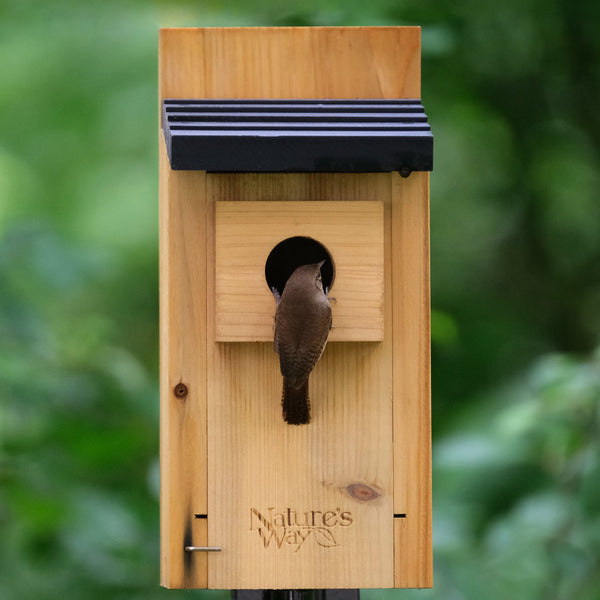
House Wren on Bluebird Box House (Model# CWH3)
Do birdhouses need ventilation?
Birdhouses that are placed in sunny locations can become very hot, especially in extreme heat. Internal temperatures of over 107 °F can be harmful to the eggs. It’s important that your birdhouse has proper ventilation to promote airflow and cool the house.
What color birdhouse attracts the most birds?
Birds can see in color, with some species able to see even more colors than humans. There has been little scientific research to prove that birds prefer one color of birdhouse over another. While the birds may not be too picky about the color of the birdhouse they choose, as the birdhouse host, turn your attention more towards the safety and convenient clean out features of a quality birdhouse rather than the color.
Keeping safety in mind, there are some birdhouse owners who worry about birdhouses with a black roof. While a black roof may absorb some heat, as long as there is ample ventilation, the house will not reach unsafe temperatures. However, if you are located in a territory with extreme temperatures during nesting season, you should stay away from birdhouses that are completely dark in color (both roof and body) as it can absorb heat. Any birdhouse should receive some mid-day shade to protect it from overheating to provide for successful broods.
Should birdhouses have a perch?
Birdhouses with perches should be avoided. Birdhouse perches can add a nice decorative feature to a house, but they can make it easy for dangerous predators to come inside the birdhouse. Birdhouse perches can also offer non-native invasive bird species greater access and allow them to kill young and take over the nest. All birds that use birdhouses are able to cling onto the entrance hole to enter and exit the house, making birdhouse perches unnecessary.
What is the best material for birdhouses?
Because of its porous structure and ability to insulate well, the best material for birdhouses is wood. Cedar is the best type of wood for birdhouses because it is insect- and rot-resistant, durable, and naturally weather-resistant.
Pay close attention to birdhouses that have a metal roof. A metal roof is completely safe as long as there is a layer of wood underneath in between the metal and the nesting cavity. A metal roof with no insulating material between it and the nesting cavity can cause house to reach unsafe temperatures that can kill the young inside. You should also avoid birdhouses with a metal frame due to its heat-conductive nature.
Ceramic birdhouses should be avoided since they are heavy, fragile, and more likely to break and not protect the young if the house should fall.
How do you make a homemade birdhouse?
Making your own birdhouse can be both fun and rewarding! The North American Bluebird Society has made available free-to-download fact sheets and plans for basic to moderate birdhouses.
If you’re looking for an easy DIY birdhouse kit with all of the same safety and convenience features as a traditional birdhouse, consider one of these My First house kits! Available in bluebird and wren styles, these build-it-together kits transform into fully functional houses. Build it yourself or guide your child through assembly and decorate them together. You can help teach your child the benefits of conserving and supporting wildlife while creating lasting memories in the yard!
SHOP BLUEBIRD BIRDHOUSES:
SHOP WREN HOUSES:
RELATED ARTICLES:

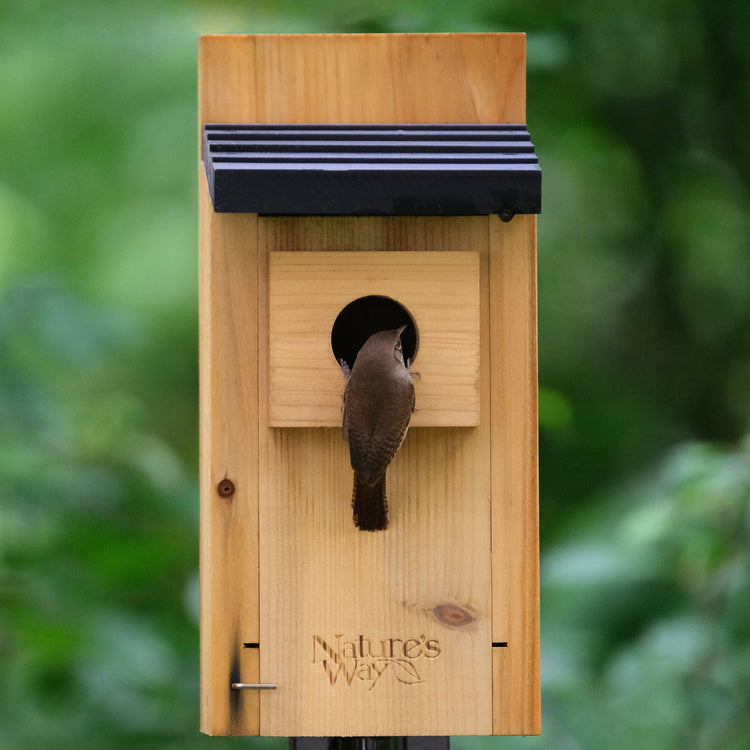




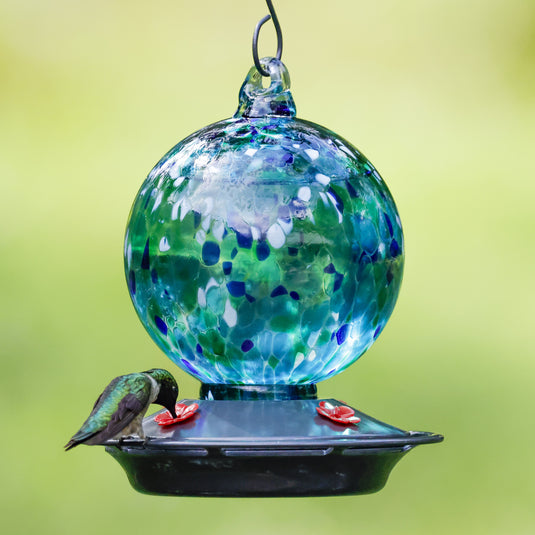
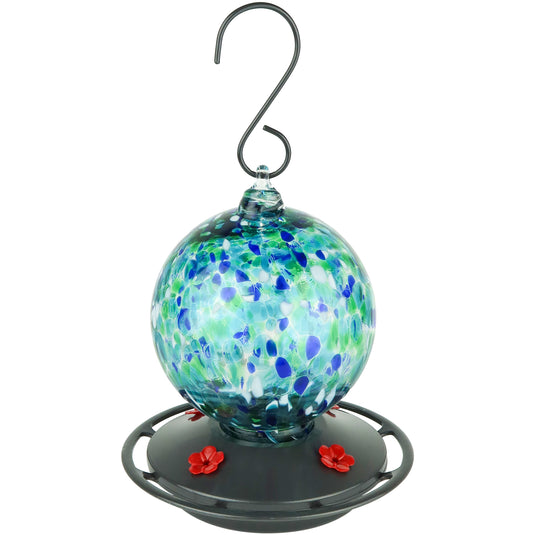


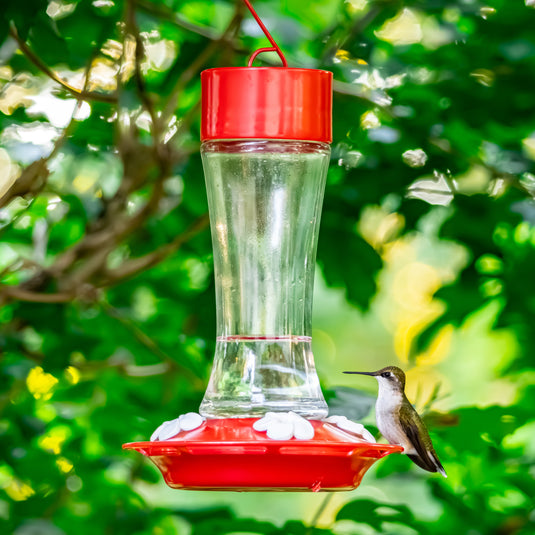
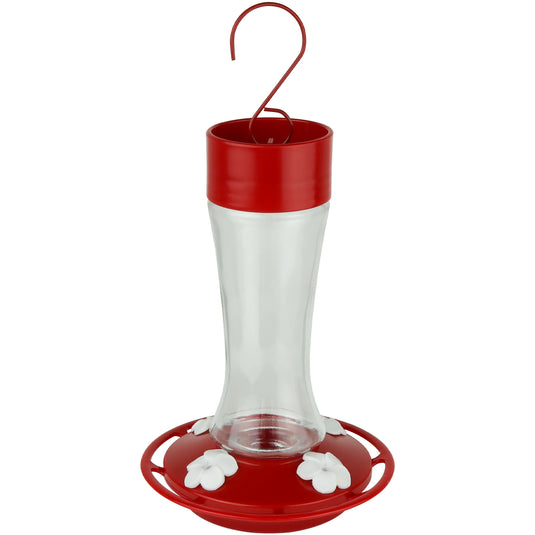
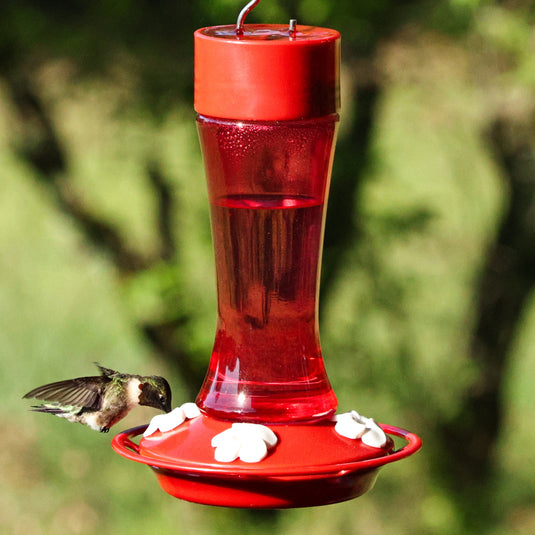
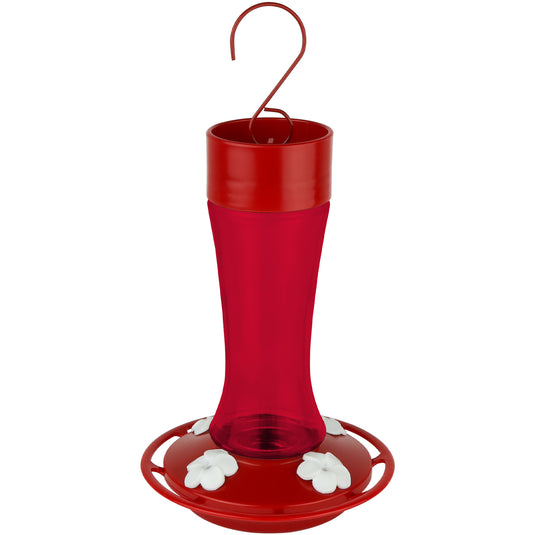
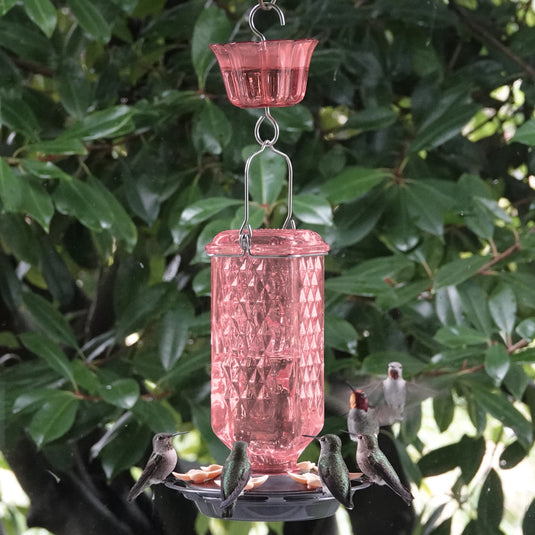
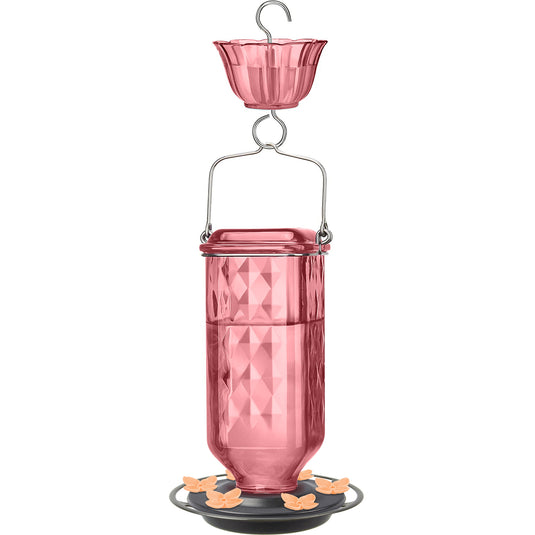
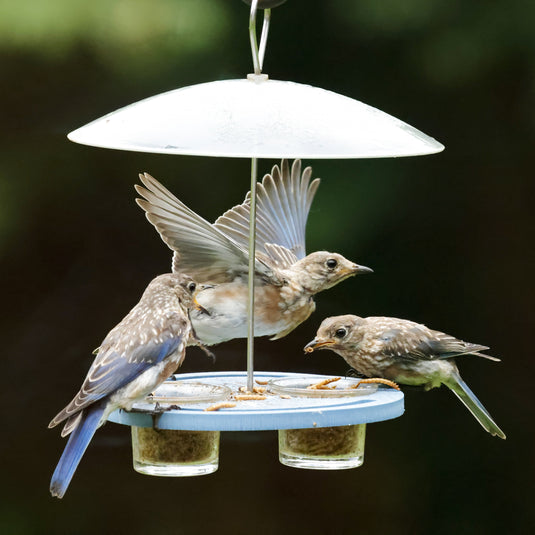
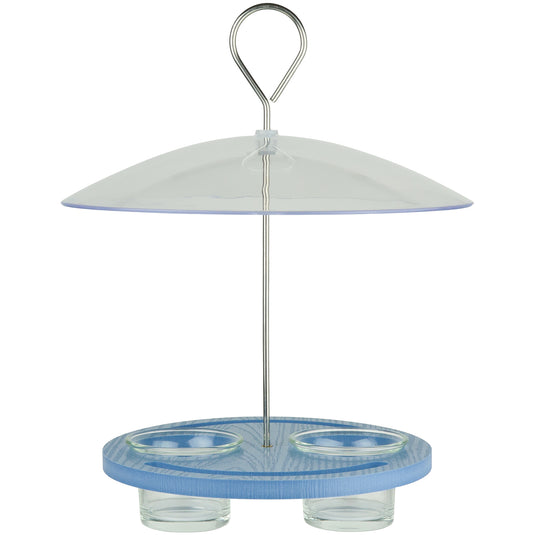
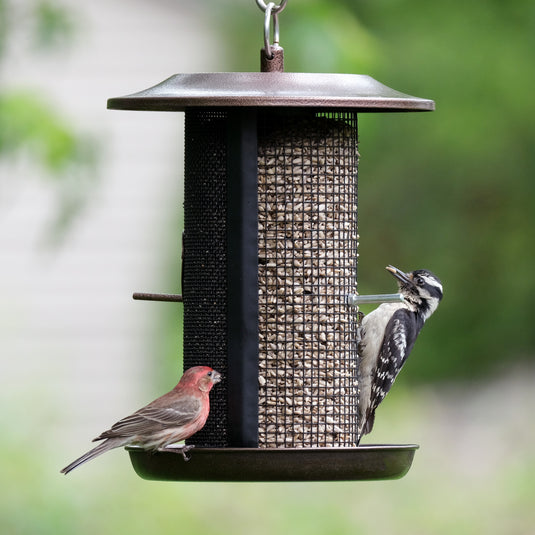
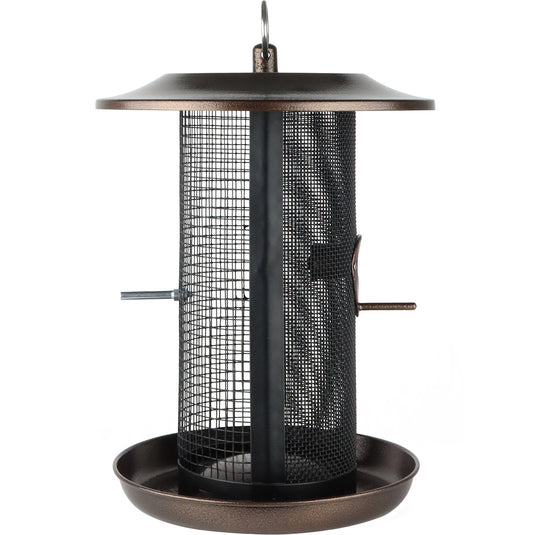
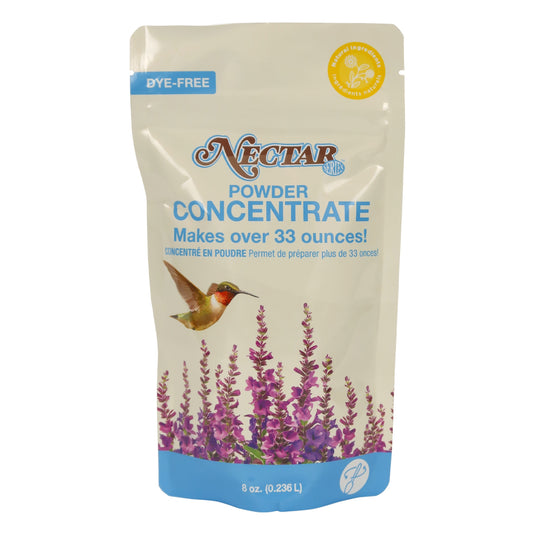
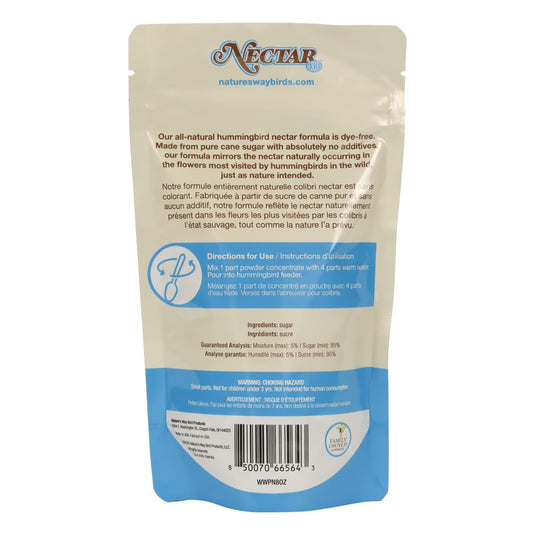

Hi Fred, Thank you for writing in to Nature’s Way! Please visit our blog https://bit.ly/4bk33vR on house mounting. Happy birding!
Thank you and hello.
A birdhouse will be mounted on a deck pole next to my house, under the deck. There’s little shade other than that during the day. Is there a certain direction the opening should be facing? Would it be best situated where there’s as much shade as possible? How far below a deck surface would you recommend.
Thanks again from the state capital area of Michigan.